The kidneys play a vital role in maintaining overall health by filtering waste from the blood, regulating fluid and electrolyte levels, and more. Thus, it’s essential to prioritize kidney health, particularly by focusing on what foods help repair kidneys. One effective strategy is to incorporate kidney-friendly superfoods into your diet. These superfoods offer a wealth of nutrients that support optimal kidney function and overall wellness.
1. Understanding Kidney Disease
The kidneys, two bean-shaped organs each about the size of a fist, play a crucial role in filtering excess water and waste from the blood, producing urine. Kidney disease occurs when these organs sustain damage, impairing their ability to filter blood effectively.
Individuals with diabetes or high blood pressure face an elevated risk of kidney disease. Treatment options for kidney failure encompass kidney transplant or dialysis. Additionally, various other kidney issues such as acute kidney injury, kidney cysts, stones, and infections can arise.

2. What Is a Kidney-boosting Diet?
A kidney-friendly diet, also called a renal diet, aims to improve kidney function and prevent more damage. It involves controlling how much sodium, potassium, phosphorus, and protein you eat, emphasizing foods for kidney health.
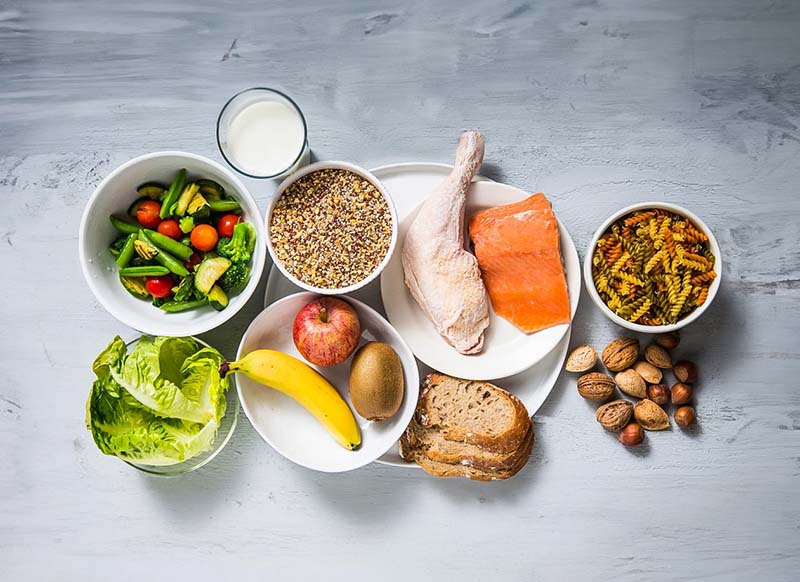
3. Top 20 Foods That Help Repair Kidneys
3.1 Cauliflower
Cauliflower is packed with essential nutrients like vitamin K, folate, and fiber, along with antioxidants and anti-inflammatory compounds. It’s a prime example of foods that are good for your kidneys. Consider using mashed cauliflower instead of potatoes for a low-potassium side dish. Half a cup of boiled cauliflower (about 62 grams) contains:
- Sodium: 9.3 milligrams (mg)
- Potassium: 88mg
- Phosphorus: 20mg
- Protein: 1g
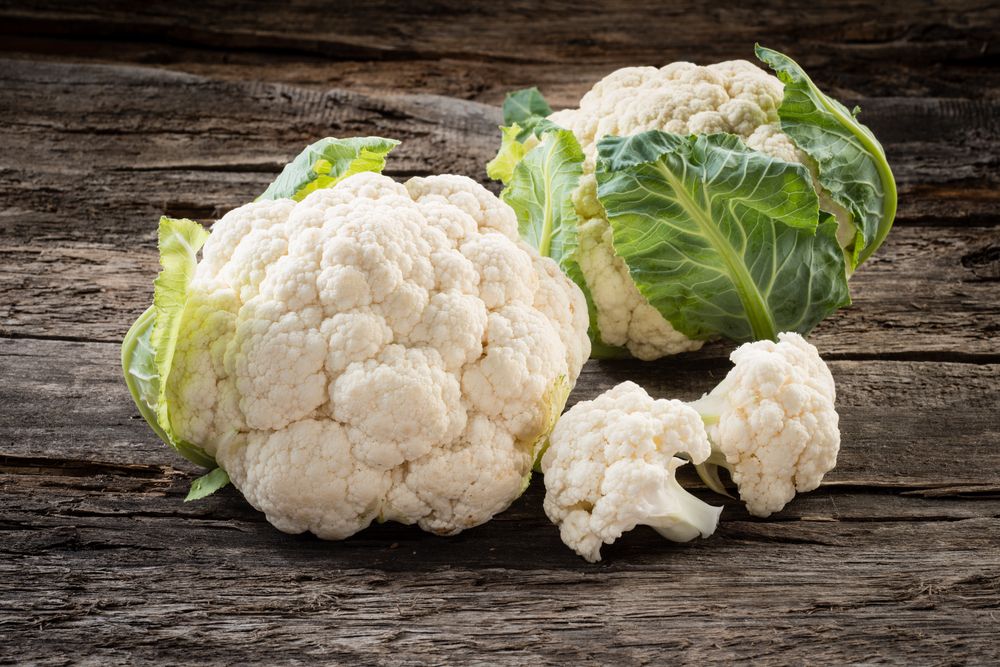
3.2 Blueberries
Blueberries are loaded with nutrients and antioxidants, particularly anthocyanins, which may offer protection against heart disease, diabetes, and other ailments. They are also low in sodium, phosphorus, and potassium. One cup of fresh blueberries (148 grams) contains:
- Sodium: 1.5mg
- Potassium: 114mg
- Phosphorus: 18mg
- Protein: 1g
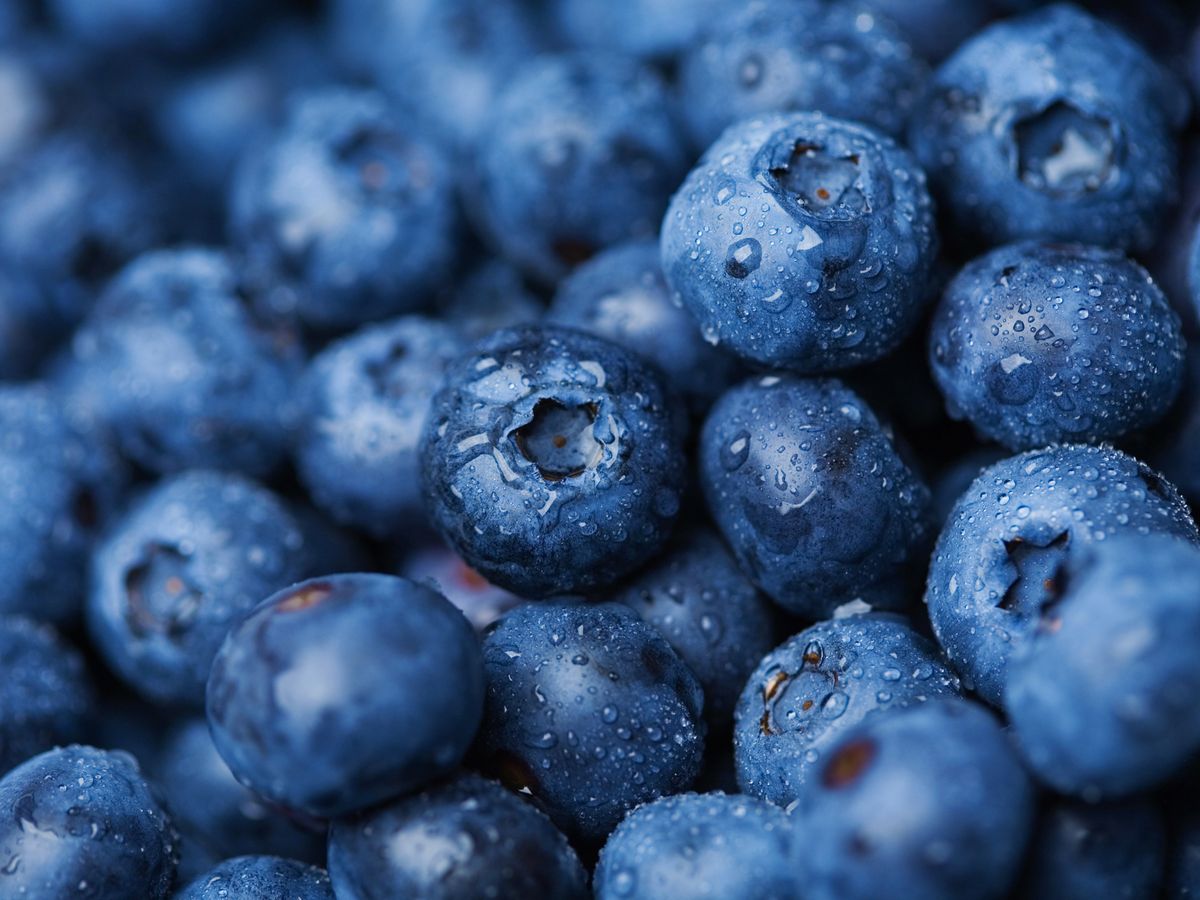
3.3 Sea bass
Sea bass is a great source of high-quality protein and healthy omega-3 fats, which can help prevent various diseases. However, it’s essential to consume small portions (2-3 ounces) as recommended by health authorities like the National Institute of Diabetes and Digestive and Kidney Diseases (NIDDK). Three ounces of cooked sea bass (85 grams) contains:
- Sodium: 74mg
- Potassium: 279mg
- Phosphorus: 211mg
- Protein: 20g
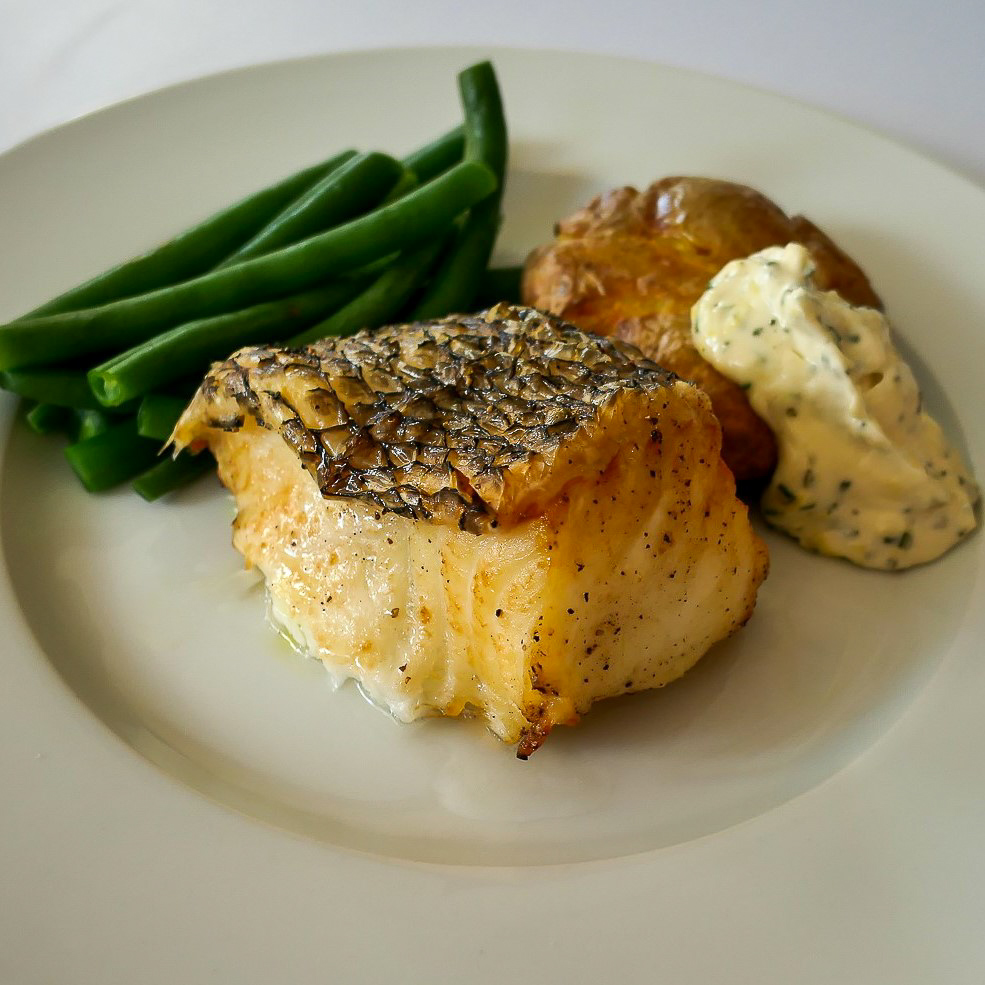
3.4 Red grapes
Red grapes are rich in flavonoid antioxidants, which may reduce inflammation and offer protection against heart disease and diabetes. They are low in sodium, potassium, and phosphorus. Half a cup of red grapes (75 grams) contains:
- Sodium: 1.5mg
- Potassium: 144mg
- Phosphorus: 15mg
- Protein: 0.5g
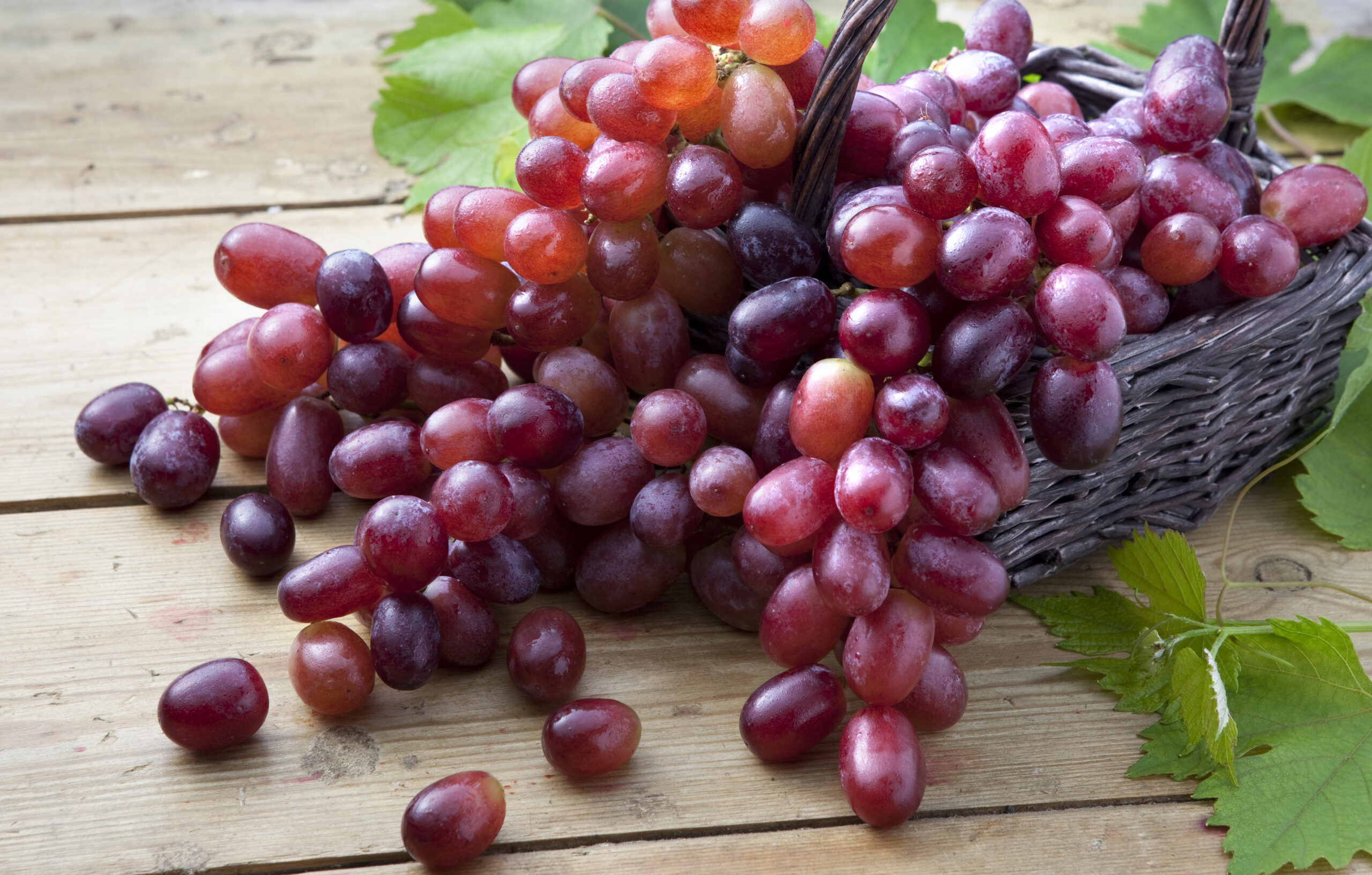
3.5 Egg whites
Egg whites are an excellent, kidney-friendly source of protein, especially for those needing to limit phosphorus intake. They are preferable to whole eggs, which can be higher in phosphorus. Two large, raw egg whites (66 grams) contain:
- Sodium: 110mg
- Potassium: 108mg
- Phosphorus: 10mg
- Protein: 7g
3.6 Garlic
Garlic adds flavor to dishes without the need for salt and offers nutritional benefits such as manganese and vitamin B6. Its sulfur compounds have anti-inflammatory properties. Three cloves of garlic (9 grams) contain:
- Sodium: 1.5mg
- Potassium: 36mg
- Phosphorus: 14mg
- Protein: 0.5g
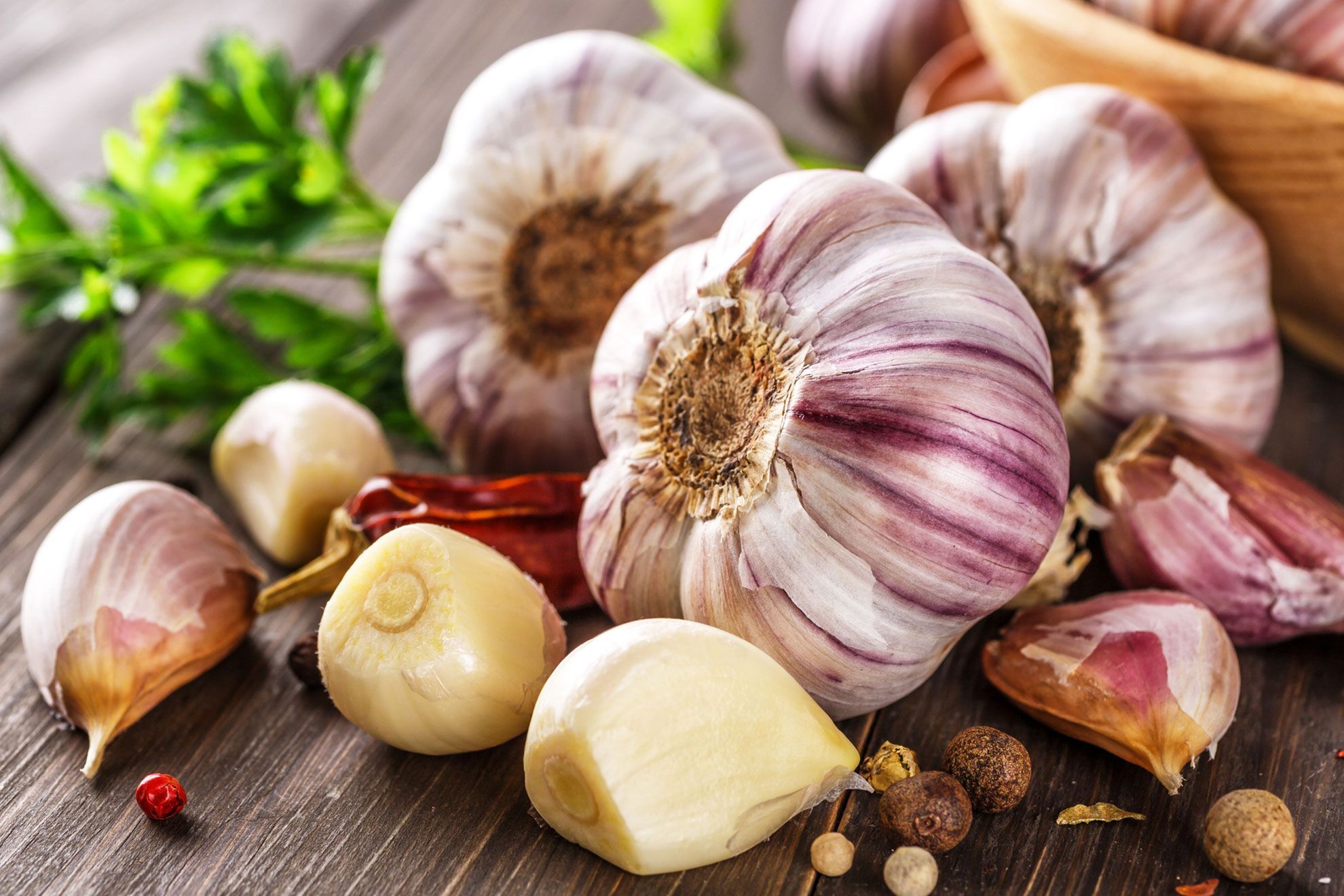
3.7 Buckwheat
Buckwheat is a low-potassium whole grain rich in B vitamins, magnesium, iron, and fiber. It’s gluten-free, making it suitable for those with celiac disease or gluten intolerance. Half a cup of buckwheat (85 grams) contains:
- Sodium: 0.8mg
- Potassium: 391mg
- Phosphorus: 295mg
- Protein: 11g
3.8 Olive oil
Olive oil is a healthy fat source rich in vitamin E and monounsaturated fats like oleic acid, which have anti-inflammatory properties. It’s free of phosphorus, making it suitable for kidney disease patients. One tablespoon of olive oil (14 grams) contains:
- Sodium: 0.3 mg
- Potassium: 0.1 mg
- Phosphorus: 0 mg
- Protein: 0 g
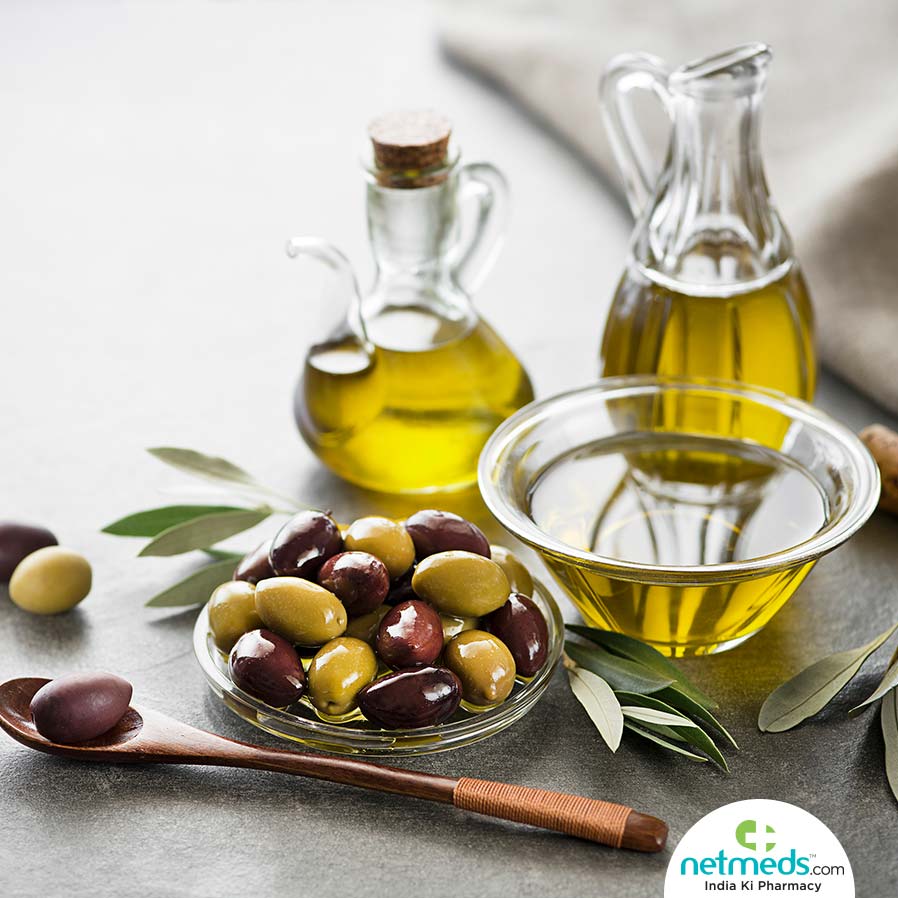
3.9 Bulgur
Bulgur is a kidney-friendly whole grain alternative with lower potassium and phosphorus levels than other grains. It provides B vitamins, magnesium, iron, plant-based protein, and fiber. A half-cup serving of cooked bulgur (70 grams) contains:
- Sodium: 154 mg
- Potassium: 48 mg
- Phosphorus: 28 mg
- Protein: 2 g
3.10 Cabbage
Cabbage, belonging to the cruciferous vegetable family, offers vitamins, minerals, and antioxidants that support various health benefits, including blood sugar management and kidney health. A cup of shredded savoy cabbage (70 grams) contains:
- Sodium: 20 mg
- Potassium: 161 mg
- Phosphorus: 29 mg
- Protein: 1.4 g
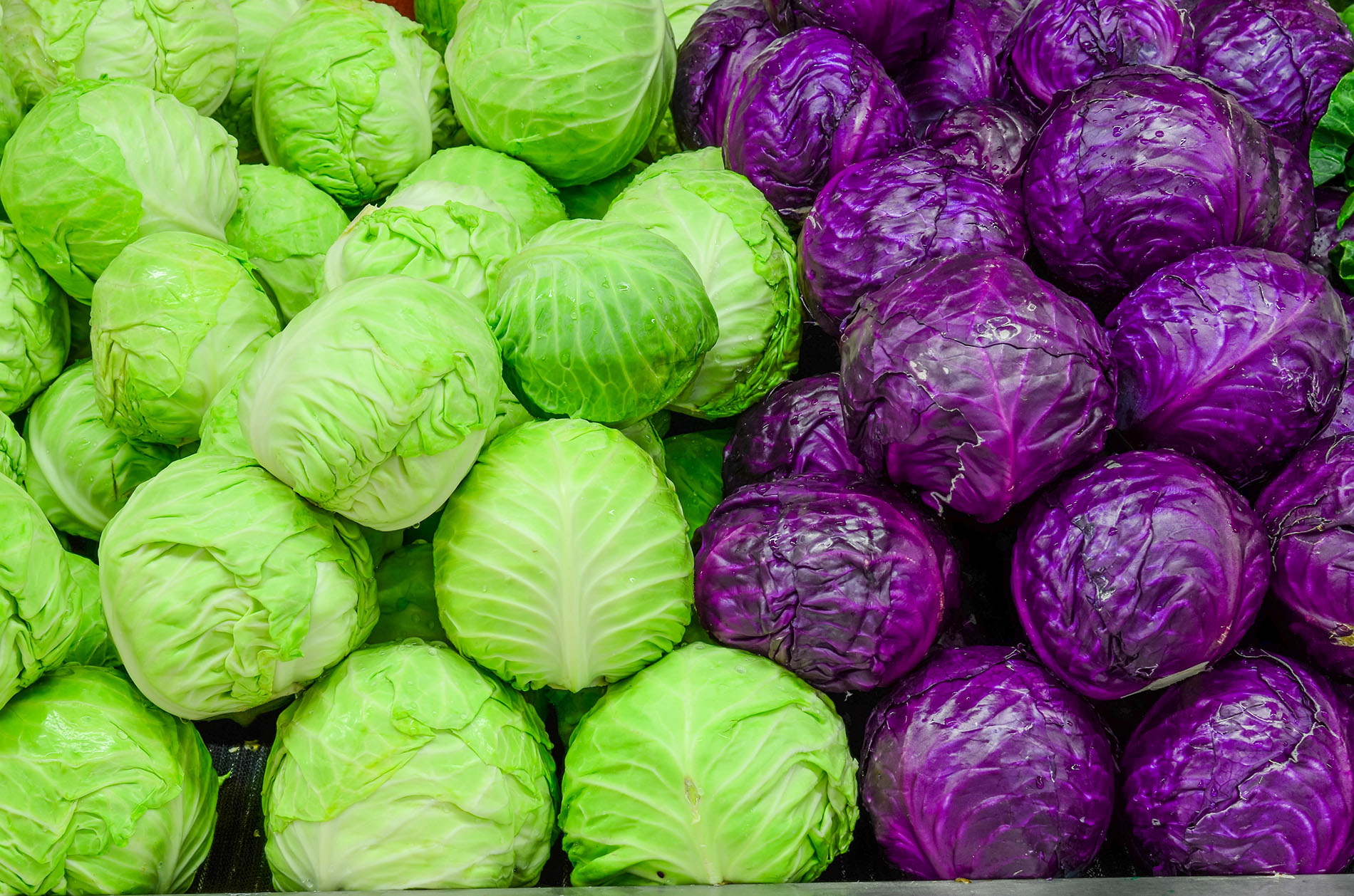
3.11 Skinless chicken
Skinless chicken breast is a lean protein source lower in fat and phosphorus compared to chicken with the skin on. However, portion control (2-3 ounces) is crucial to avoid excessive protein intake. One cup of cooked, skinless chicken breast (140 grams) contains:
- Sodium: 104 mg
- Potassium: 358 mg
- Phosphorus: 319 mg
- Protein: 43 g
3.12 Bell peppers
Bell peppers are rich in vitamins A and C and antioxidants, yet low in potassium. These nutrients support immune function, crucial for individuals with kidney disease. One medium red pepper (100 grams) contains:
- Sodium: <2.5 mg
- Potassium: 213 mg
- Phosphorus: 27 mg
- Protein: 1 g

3.13 Onions
Onions are a flavorful sodium-free alternative to enhance dishes on a renal diet. They provide vitamins C, manganese, and B vitamins, along with prebiotic fibers beneficial for gut health. One small onion (70 grams) contains:
- Sodium: 3 mg
- Potassium: 102 mg
- Phosphorus: 20 mg
- Protein: 0.8 g
3.14 Arugula
Arugula is a nutrient-dense, low-potassium green suitable for kidney-friendly salads. It’s rich in vitamin K, manganese, calcium, and nitrates, which help lower blood pressure—a significant benefit for kidney disease patients. One cup of raw arugula (20 grams) contains:
- Sodium: 5 mg
- Potassium: 74 mg
- Phosphorus: 10 mg
- Protein: 0.5 g
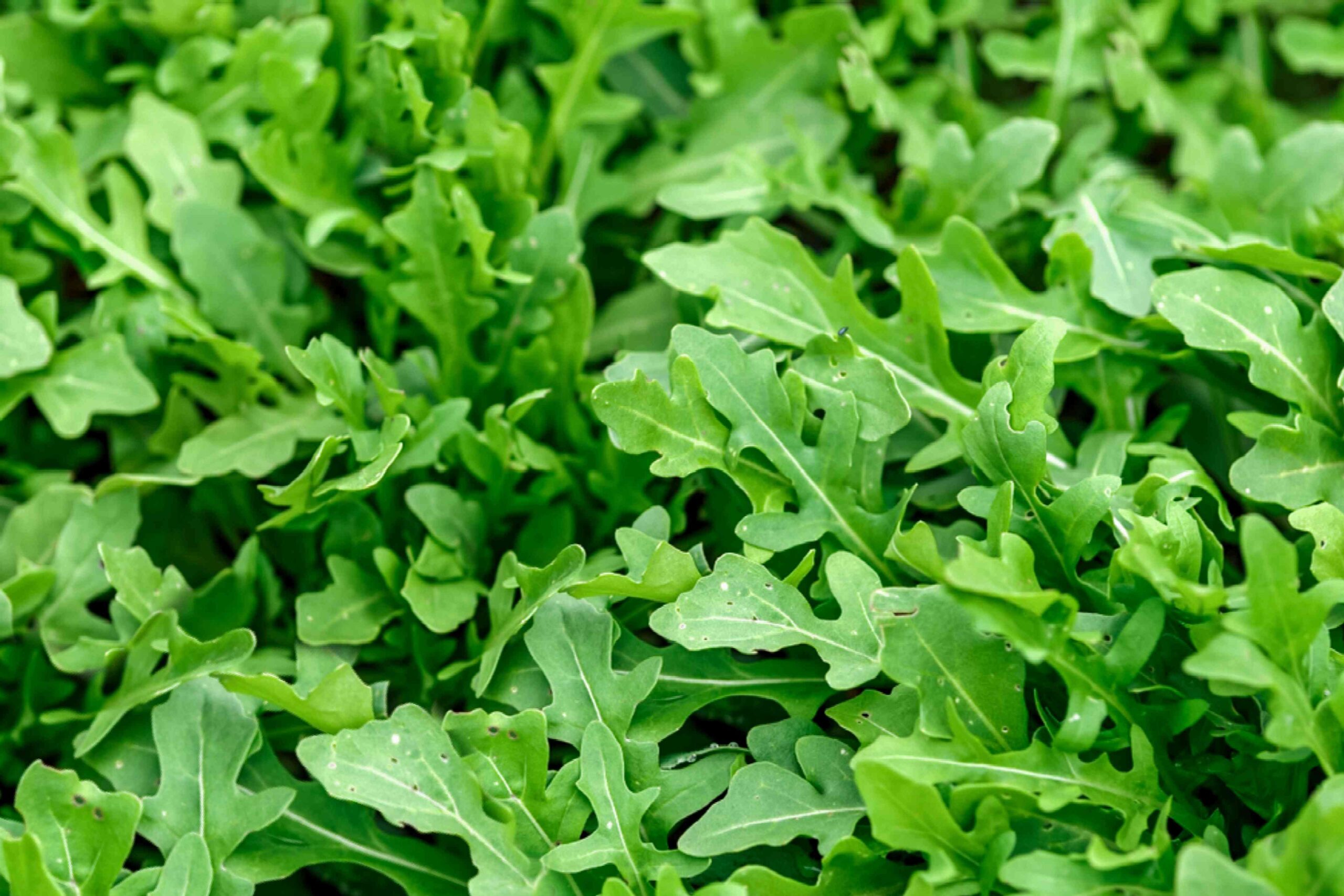
3.15 Macadamia nuts
Macadamia nuts are a delicious, kidney-friendly snack option with lower potassium and phosphorus levels compared to other nuts. They provide essential nutrients like calcium, healthy fats, folate, and magnesium. One ounce of macadamia nuts (28 grams) contains:
- Sodium: 1.4 mg
- Potassium: 104 mg
- Phosphorus: 53 mg
- Protein: 2 g
3.16 Radish
Radishes are crunchy vegetables low in potassium and phosphorus but rich in other nutrients like folate and vitamin A. Their peppery flavor adds zest to dishes without compromising kidney health. Half a cup of sliced radishes (58 grams) contains:
- Sodium: 23 mg
- Potassium: 135 mg
- Phosphorus: 12 mg
- Protein: 0.4 g
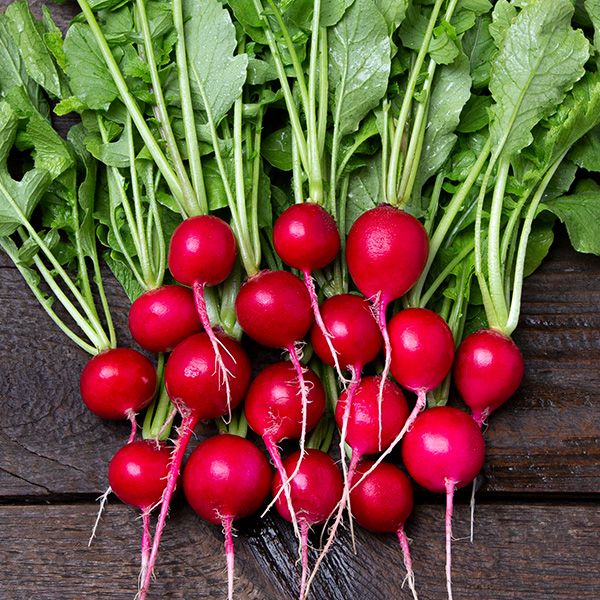
3.17 Turnips
Turnips are root vegetables packed with fiber, vitamins C and B6, and manganese. They can be prepared in various ways, making them a versatile addition to a renal diet. A half-cup of cooked turnip cubes (80 grams) contains:
- Sodium: 160 mg
- Potassium: 159 mg
- Phosphorus: 22 mg
- Protein: 1 g
3.18 Pineapple
Pineapple is a sweet treat lower in phosphorus, potassium, and sodium compared to other fruits like oranges or bananas. It’s rich in fiber, vitamin A, and bromelain, an enzyme with anti-inflammatory properties. One cup of pineapple chunks (165 grams) contains:
- Sodium: 2 mg
- Potassium: 180 mg
- Phosphorus: 13 mg
- Protein: 1 g

3.19 Cranberries
Cranberries are rich in antioxidants called proanthocyanidins, which may prevent urinary tract and kidney infections. They’re also low in potassium, phosphorus, and sodium, making them suitable for kidney health. One cup of whole, fresh cranberries (100 grams) contains:
- Sodium: 2 mg
- Potassium: 80 mg
- Phosphorus: 11 mg
- Protein: 0.5 g
3.20 Shiitake mushrooms
Shiitake mushrooms are savory and low-potassium plant-based protein sources, ideal for renal and plant-based diets. They’re rich in B vitamins, copper, manganese, selenium, and dietary fiber. One cup of cooked shiitake mushroom pieces (145 grams) contains:
- Sodium: 6 mg
- Potassium: 170 mg
- Phosphorus: 42 mg
- Protein: 2 g
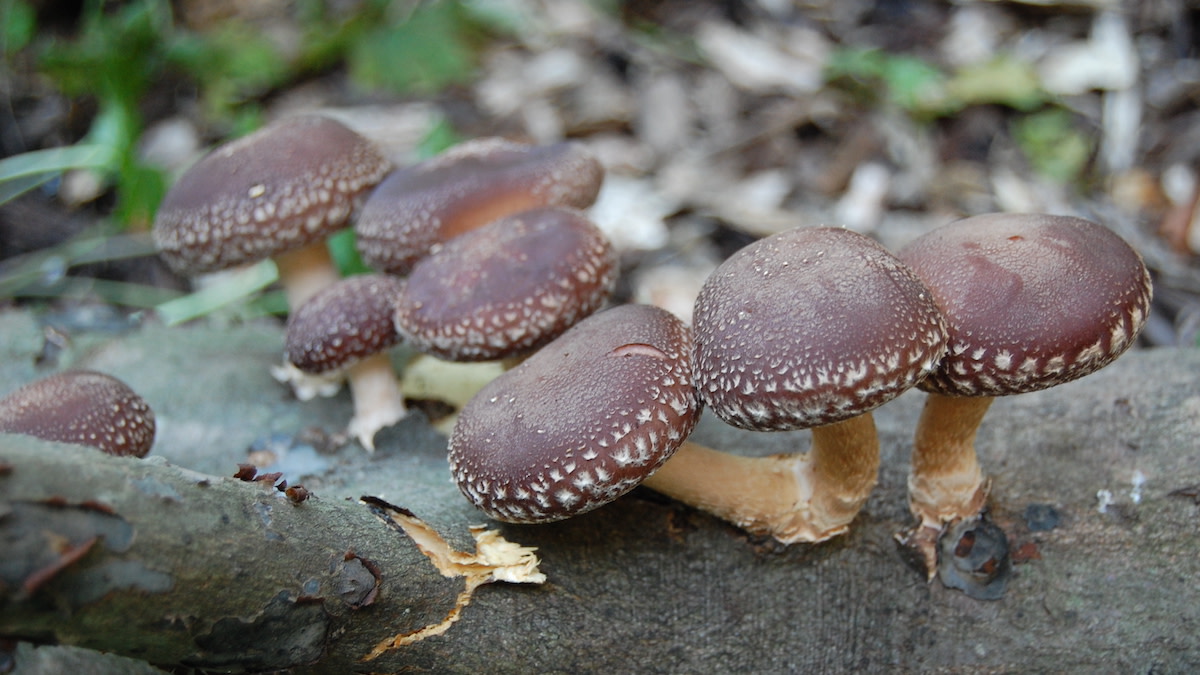
3. Foods to Limit or Avoid for Kidney Health
If you have kidney disease, it’s important to steer clear of foods high in sodium, phosphorus, or both. Here are some items to avoid or limit:
- Processed foods or premade meals often contain added sodium. Opt for fresh ingredients whenever possible.
- Canned foods with added salt should be avoided. Look for salt-free options or rinse canned foods before use.
- Large portions of protein foods like meat or dairy can strain the kidneys. Stick to moderate servings.
- High-fat items and unhealthy foods should be minimized, as they can negatively impact heart health.
- Alcohol consumption should be limited, as it can affect kidney function.
- Packaged foods labeled with “PHOS” indicate high phosphorus content and should be avoided.
- Deli meats are typically high in sodium and should be consumed sparingly.
- Bran cereals and oatmeal are high in phosphorus and should be limited in a kidney-friendly diet.
Note: Choosing fresh, whole foods and reading labels carefully can help manage sodium and phosphorus intake. Consulting a healthcare professional or dietitian for personalized dietary advice is recommended for individuals with kidney disease.
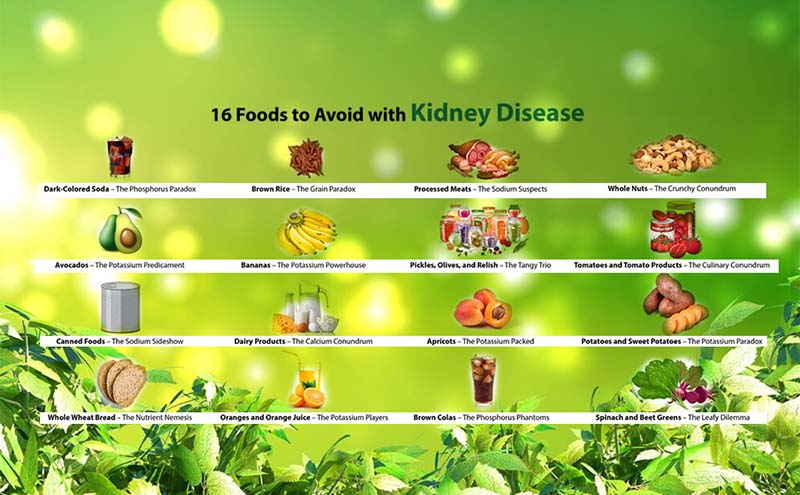
4. Fastest Ways to Heal Your Kidneys
There are many natural ways to improve kidney health, but it’s important to understand that what works for one person might not work for another, especially if you have kidney issues. It’s best to talk to a healthcare professional, like your doctor or a dietitian, before making any changes to your diet or lifestyle, especially if you have kidney problems. Here are some simple ways to boost kidney health:
- Drink enough water to keep your kidneys hydrated.
- Eat lots of fresh fruits and veggies to support your kidneys.
- Avoid processed foods, sugary drinks, and foods high in salt, potassium, and phosphorus.
- Include kidney-friendly foods like low-phosphorus cheese, fish, veggies, beans, nuts, whole grains, eggs, and shellfish in your diet.
- Cut back on alcohol and quit smoking to protect your kidneys.
- Try natural remedies like apple cider vinegar, kidney beans, lemon juice, watermelon, pomegranate, basil, dates, dandelion, cranberry juice, beets, coconut water, cucumber juice, and cherries to cleanse your kidneys.
Remember, no single food can fix kidney damage, but eating a kidney-friendly diet can help prevent further harm.
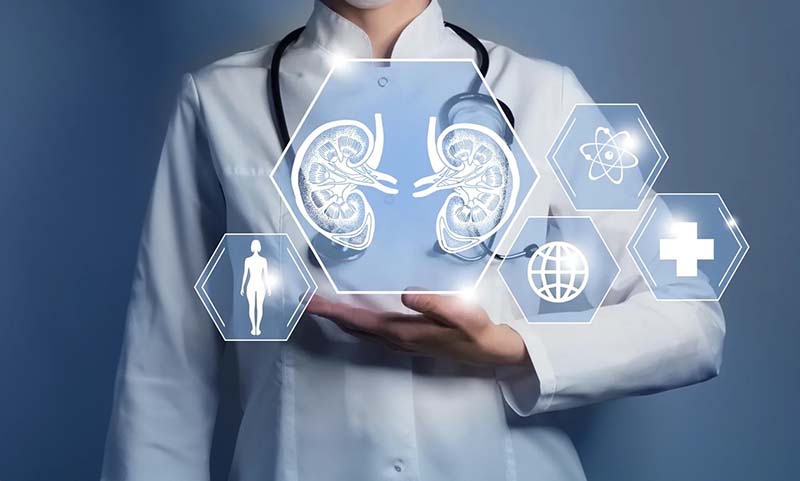
5. FAQ
What is the best diet for kidney disease and kidney failure?
To manage kidney disease, focus on:
- Avoiding excess salt and sodium
- Balancing protein intake
- Following a heart-healthy diet
- Limiting alcohol
- Steering clear of foods high in phosphorus and potassium.
How can I make my kidneys healthy again?
To maintain kidney health:
- Manage high blood pressure and blood sugar levels
- Limit protein intake
- Reduce salt consumption
- Avoid NSAIDs like ibuprofen and aspirin
- Get an annual flu shot.
What is the best drink for kidney health?
Water is top choice to flush kidneys and prevent disease. Unsweetened cranberry juice offers antioxidants for kidney protection. Rice milk without potassium or phosphorus enrichment is an alternative. Limit or avoid alcohol to prevent health issues.
6. Conclusion
In conclusion, understanding what foods help repair kidneys is crucial for maintaining overall health. By incorporating kidney-friendly foods into your diet and making lifestyle adjustments, you can support your kidneys and improve your well-being. We’d love to hear about your experiences and feedback on incorporating these foods into your routine. Share your stories with us! And don’t forget to explore more informative blogs on kidney health and nutrition from Biosculpture.


